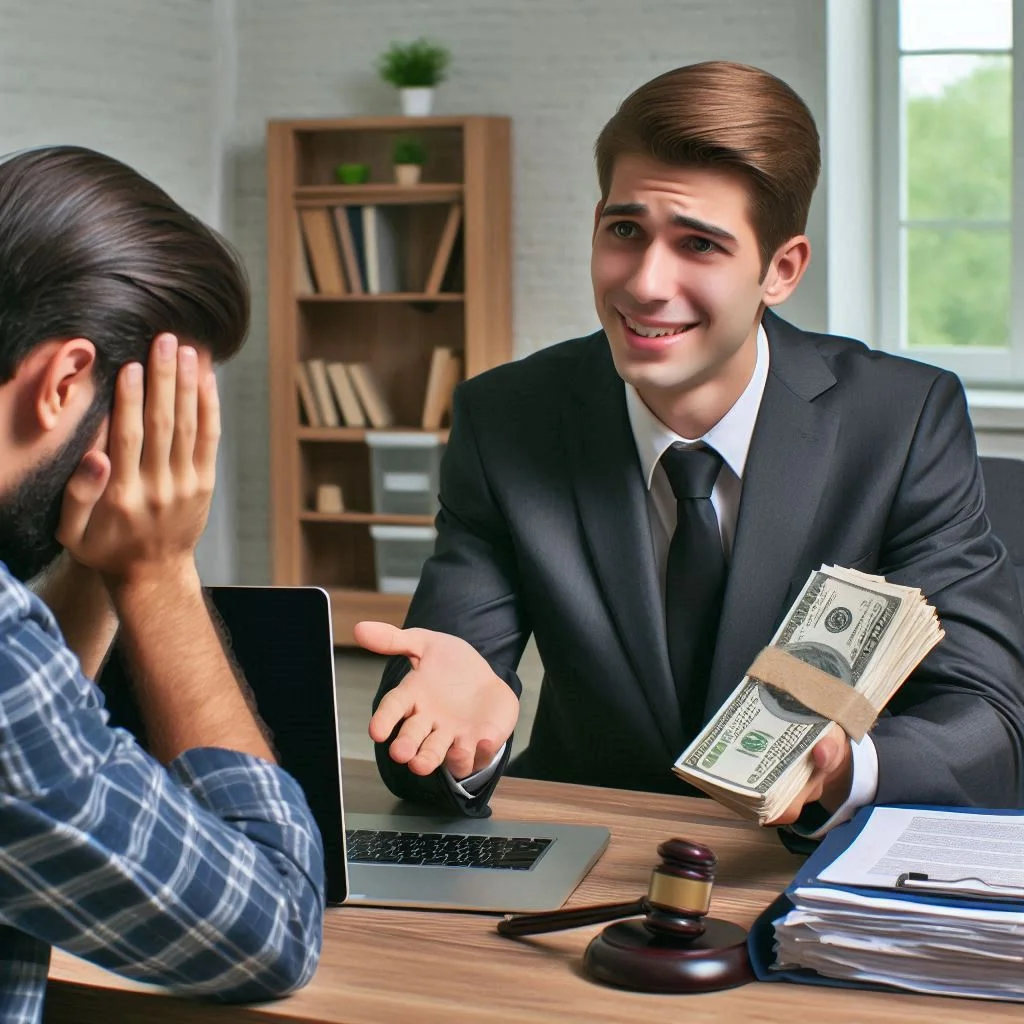Navigating the legal world can be daunting, especially when it comes to consumer protection. When faced with issues like fraud, false advertising, or defective products, many people wonder, “How much does a consumer protection lawyer cost?” Understanding the costs involved in hiring a consumer protection lawyer can help you make informed decisions and protect your rights effectively.
What is a Consumer Protection Lawyer?
A consumer protection lawyer specializes in laws designed to safeguard consumers from unfair practices. These lawyers handle cases involving:
- Fraud
- False advertising
- Defective products
- Unfair business practices
Their goal is to ensure that businesses comply with the law and consumers receive fair treatment.
Factors Influencing the Cost of a Consumer Protection Lawyer
Several factors can influence the cost of hiring a consumer protection lawyer. Here are some of the most common ones:
- Experience and Expertise More experienced lawyers tend to charge higher fees. However, their expertise can be invaluable in navigating complex legal issues.
- Location Legal fees vary by location. Lawyers in urban areas or regions with a high cost of living may charge more than those in rural areas.
- Complexity of the Case Complex cases require more time and resources, leading to higher costs. Simple cases may be resolved quickly and cost less.
- Billing Method Lawyers may charge by the hour, offer flat fees, or work on a contingency basis. Each billing method has its own cost implications.
Billing Methods
Understanding the different billing methods can help you estimate the cost of hiring a consumer protection lawyer.
- Hourly Rate Many lawyers charge by the hour. Hourly rates can range from $150 to $500 or more, depending on the lawyer’s experience and location. You’ll be billed for the time the lawyer spends working on your case, including meetings, research, and court appearances.
- Flat Fee Some lawyers offer a flat fee for specific services, such as drafting a demand letter or representing you in a small claims court. This can provide clarity on costs upfront.
- Contingency Fee In some cases, lawyers may work on a contingency fee basis, meaning they only get paid if you win your case. The lawyer’s fee is a percentage of the settlement or award, typically ranging from 25% to 40%. This option can be appealing if you cannot afford to pay upfront legal fees.
Additional Costs
In addition to the lawyer’s fees, there may be other costs associated with your case, such as:
- Filing Fees: Costs for filing documents with the court.
- Expert Witness Fees: Charges for expert testimony to support your case.
- Administrative Costs: Fees for copying, mailing, and other administrative tasks.
Ways to Manage Legal Costs
Legal costs can add up quickly, but there are ways to manage them effectively:
- Free Consultations Many lawyers offer free initial consultations. Use this opportunity to discuss your case, understand the potential costs, and evaluate whether the lawyer is a good fit for you.
- Legal Aid and Pro Bono Services If you cannot afford a lawyer, you may qualify for legal aid or pro bono services. These programs provide free or low-cost legal assistance to individuals in need.
- Payment Plans Some lawyers offer payment plans, allowing you to pay the fees over time rather than in a lump sum.
- Negotiating Fees Don’t be afraid to discuss fees and negotiate with your lawyer. They may be willing to adjust their rates or offer a payment plan to accommodate your financial situation.
FAQs
- How do I know if I need a consumer protection lawyer? If you believe you’ve been a victim of fraud, false advertising, or other unfair business practices, consulting a consumer protection lawyer can help you understand your rights and options.
- Can I represent myself in a consumer protection case? While it’s possible to represent yourself, having a lawyer can increase your chances of success, especially in complex cases.
- What should I look for in a consumer protection lawyer? Look for a lawyer with experience in consumer protection law, a good track record, and clear communication. It’s also important to feel comfortable with the lawyer and trust their judgment.
- How long does it take to resolve a consumer protection case? The duration of a case can vary widely depending on its complexity, the court’s schedule, and other factors. Simple cases may be resolved in a few months, while more complex cases can take years.
- Are there any alternatives to hiring a consumer protection lawyer? You may consider mediation or arbitration as alternatives to court. These methods can be less costly and time-consuming but may not be suitable for all cases.
Conclusion
Understanding the costs associated with hiring a consumer protection lawyer can help you make informed decisions and protect your rights effectively. By considering factors such as the lawyer’s experience, location, and billing method, you can estimate the potential costs and explore ways to manage them. Whether you choose to hire a lawyer or explore alternative dispute resolution methods, it’s essential to take action to protect your consumer rights.
